Encounter with a Harbor Seal in Elliott Bay – Seattle
[previously published at The Wild Beat in March 2013]
My paean to a harbor seal on a misty morning ~
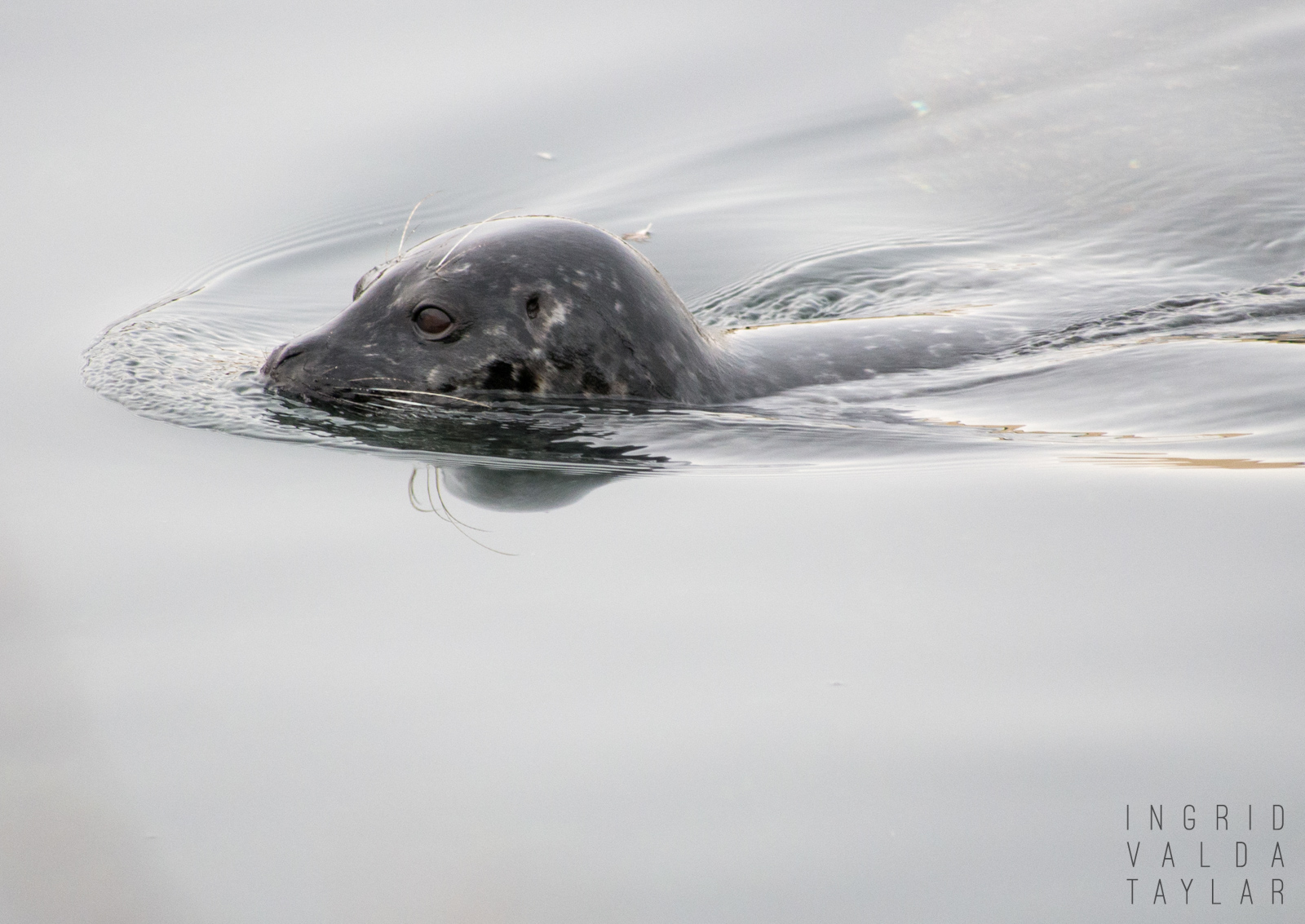
“She” could be a he since there are few visible differences distinguishing male and female harbor seals. ** Between the two of us, only she knows. I can’t use the word “it,” the way we’re often instructed to do. It’s just too soulless a word for sentience.
She stirs from the depths and shallows of the bay, gliding reflected alongside me. She rounds the rock bend, fusiform, tapered and sleek, riding the tide on her hind flippers.
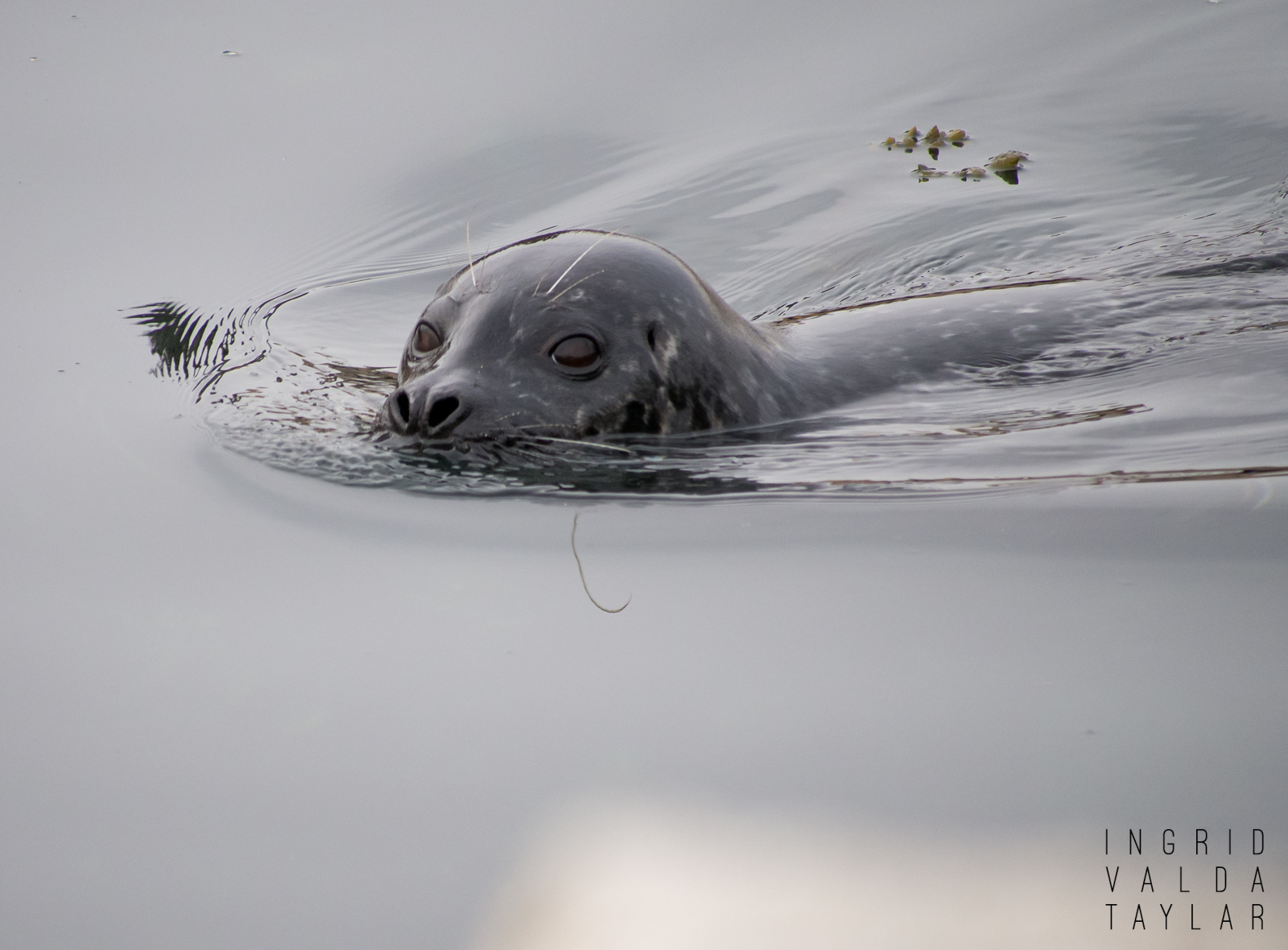
I hesitate to point my lens, thinking she might submerge her new-moon eyes and disappear into the deep. But she stays, looking back at me as I look at her, granting me a moment as she pierces the divide between brine and breath.
She is sensory magic, with whiskers so sensitive they send signs of fish to her seal brain. She’ll plunge hundreds feet, quelling her heart to a slow drum. Her sight and sound, muted on land, are super-seal, better than human, in her fin-footed world beyond the breakwater.
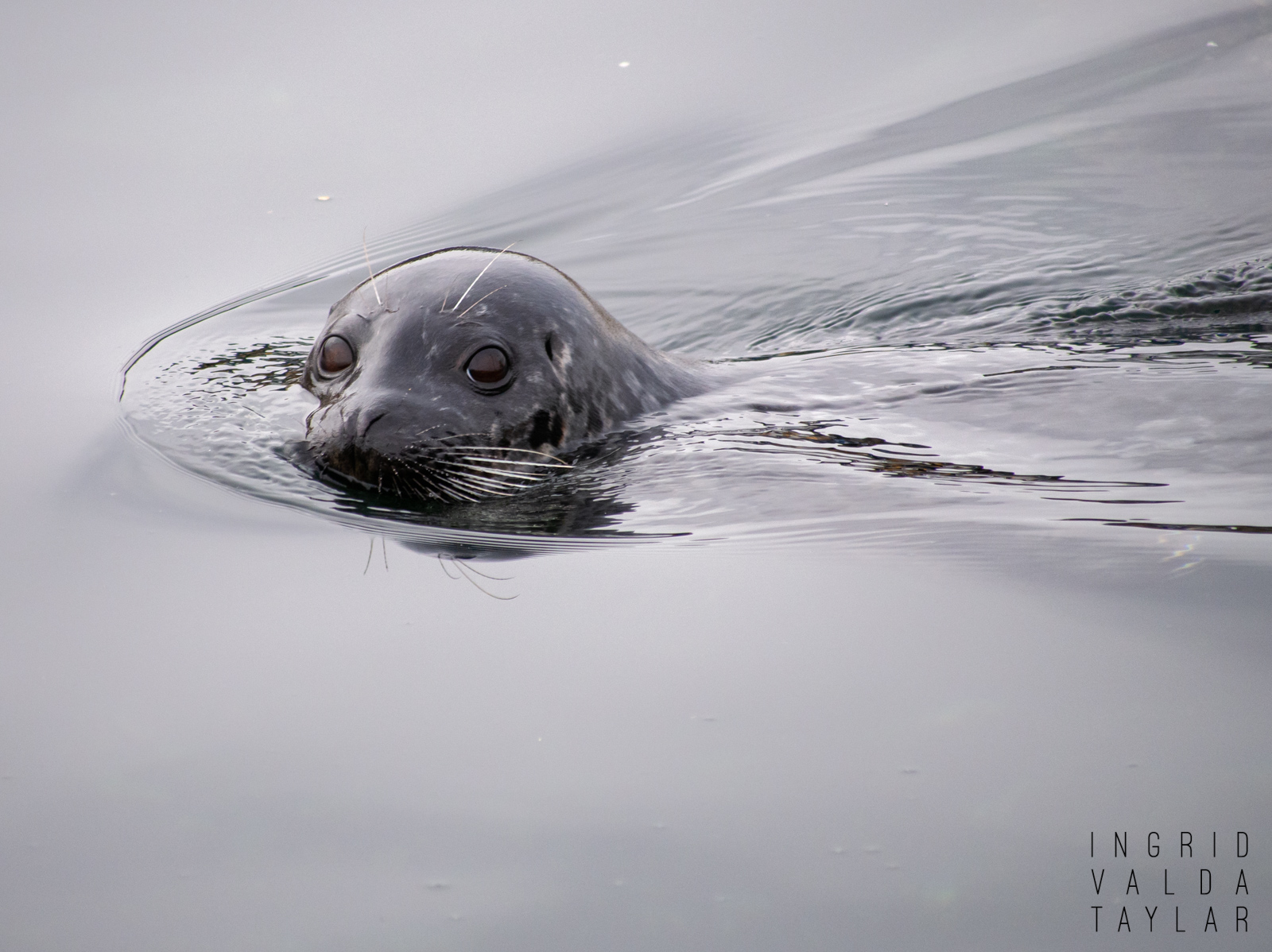
With a final spin, the waters pour over her pelage — a coat which is sometimes pale, pewter, silver, coal, or spotted. It’s unique like a fingerprint. She twists her head to me just one more time before sinking, languid, engulfed by the bay, at one with the salt and the sea. Her sea.
** There’s little sexual dimorphism in harbor seals. Males tend to be slightly larger but it’s not a reliable measure since sizes can vary regionally, as well.
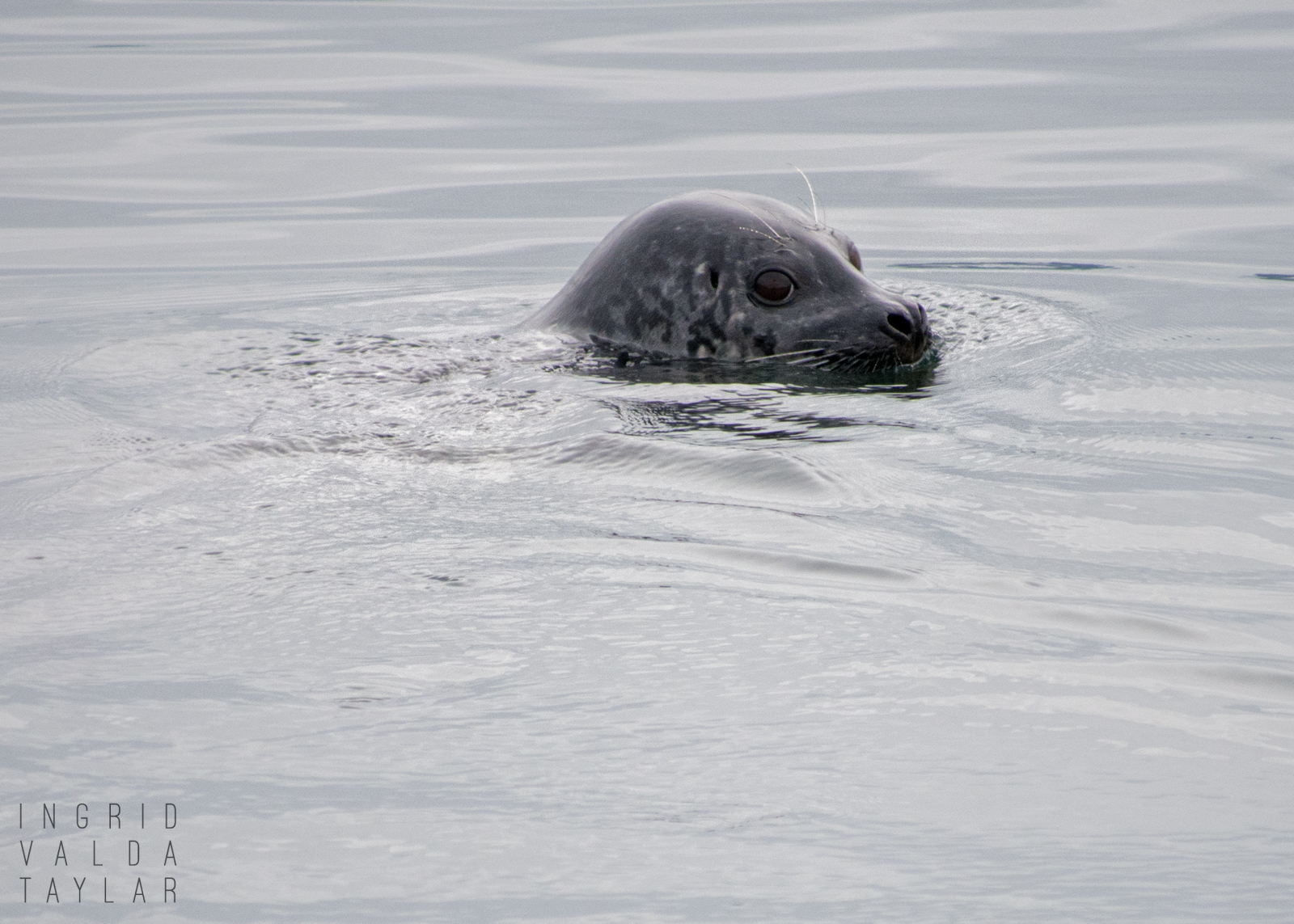

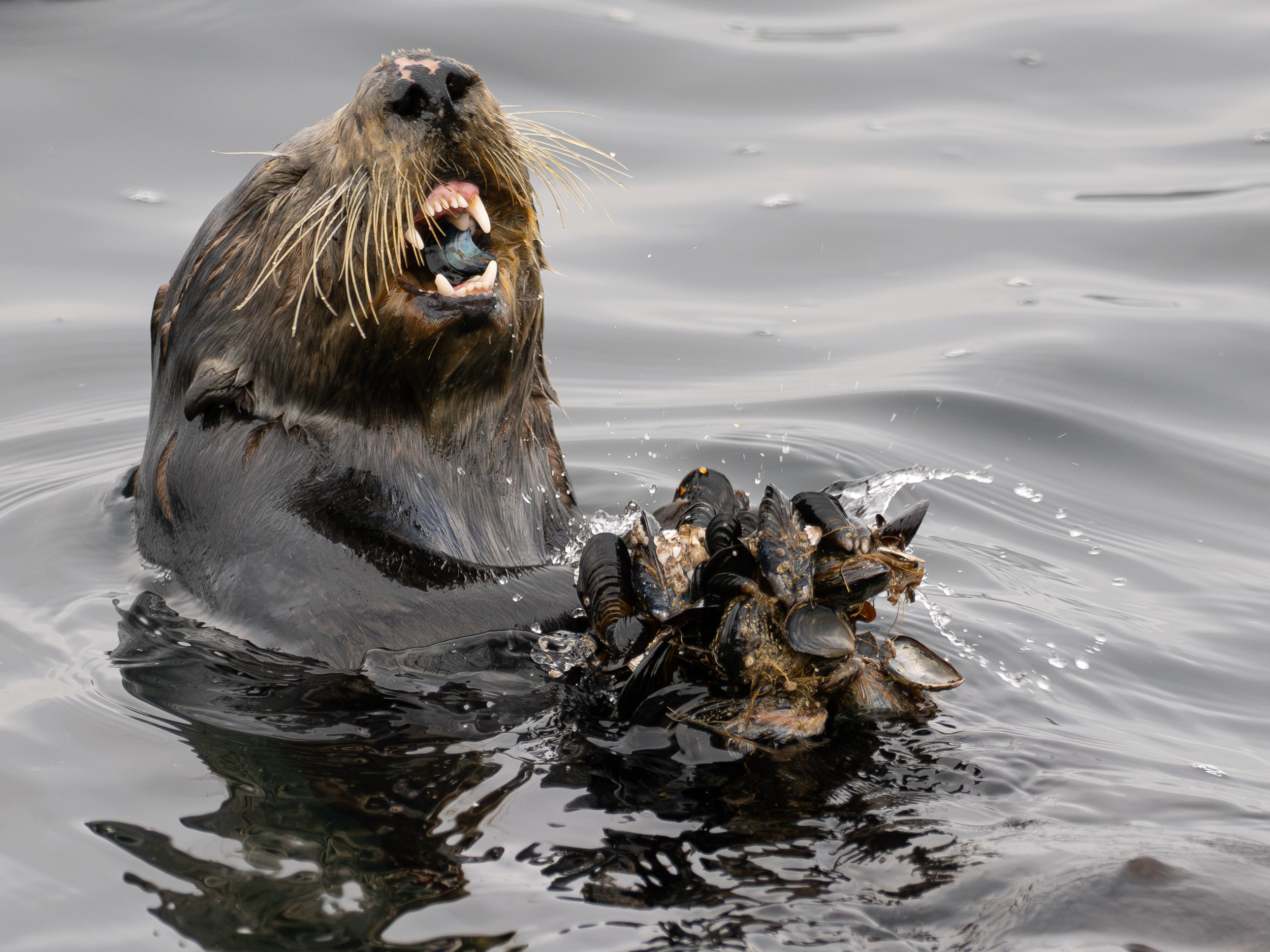
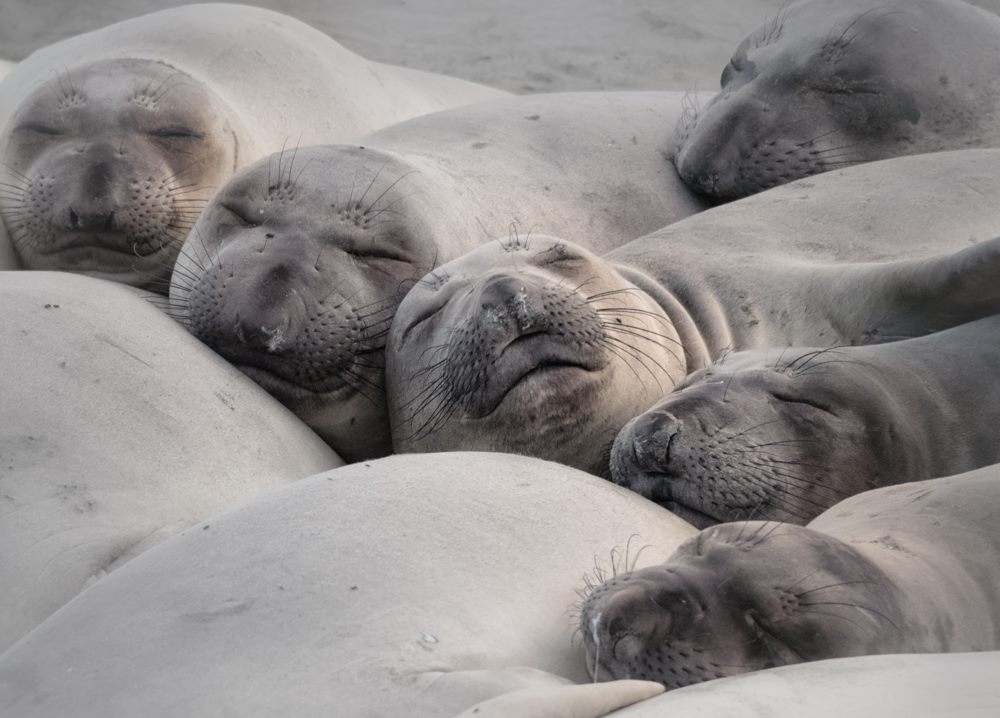
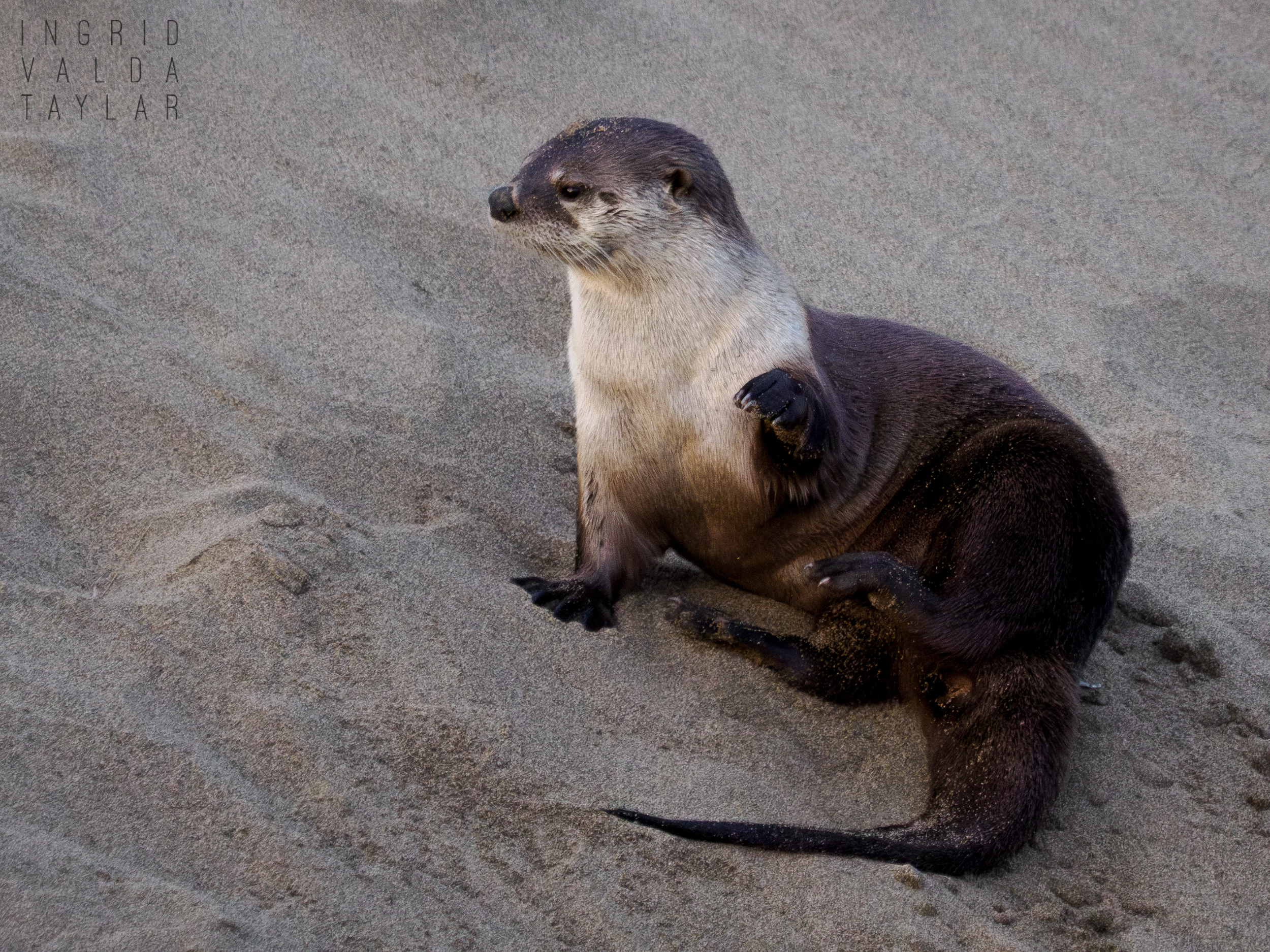
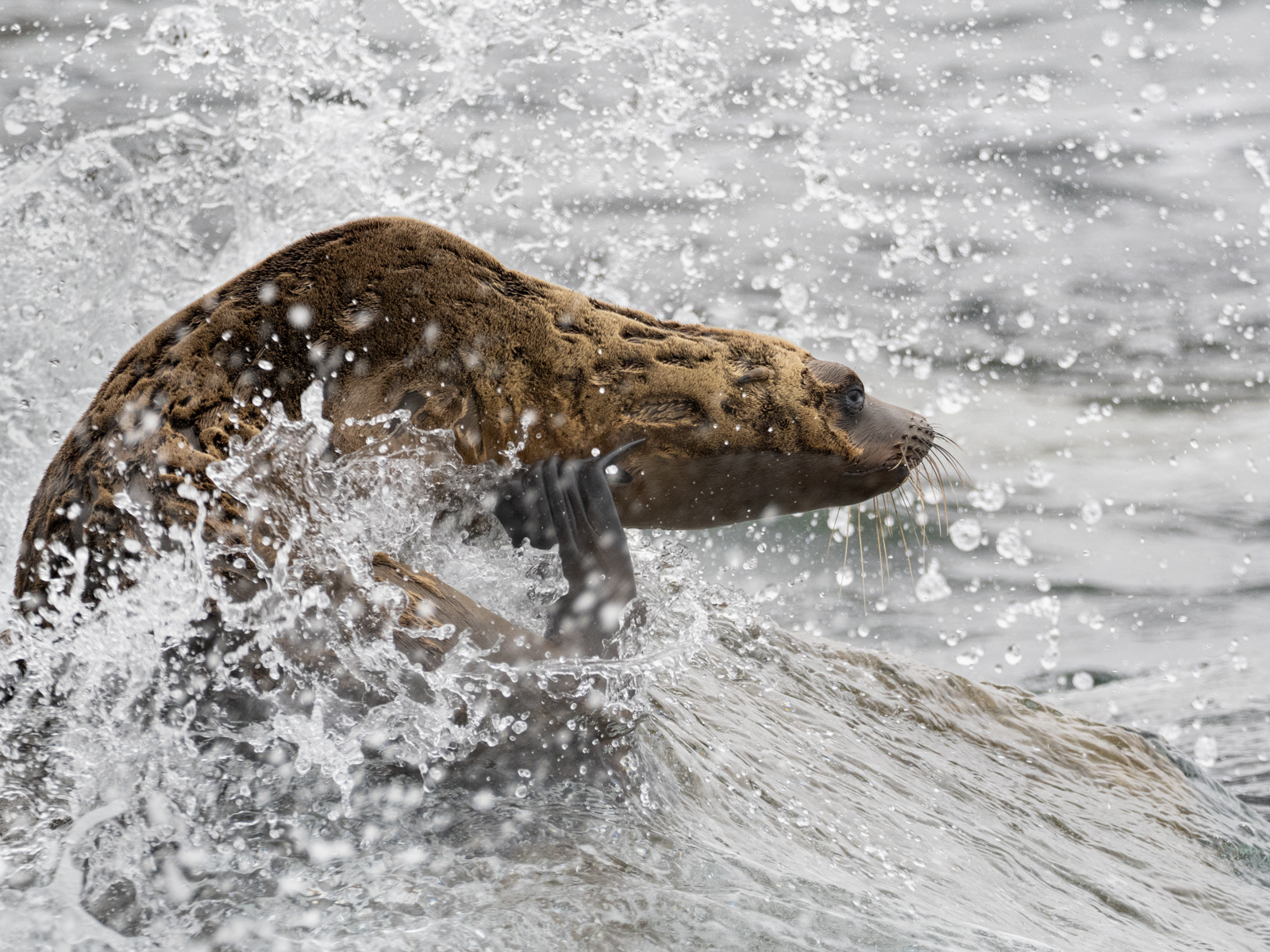
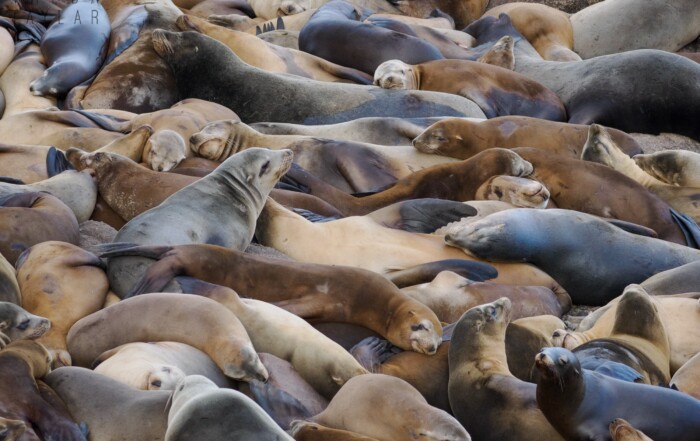
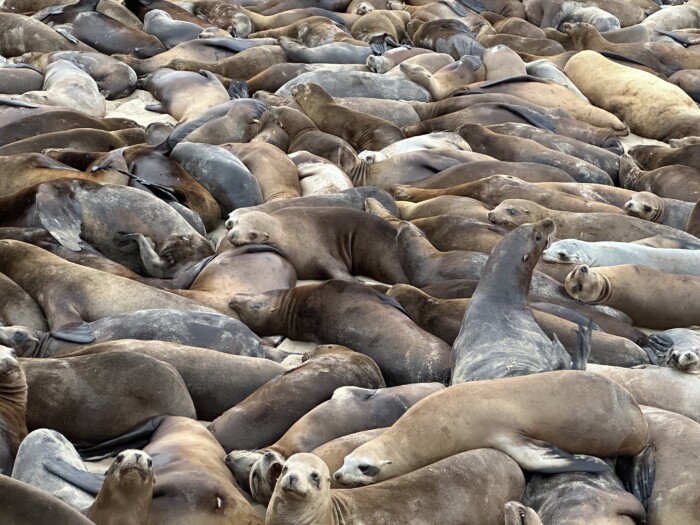
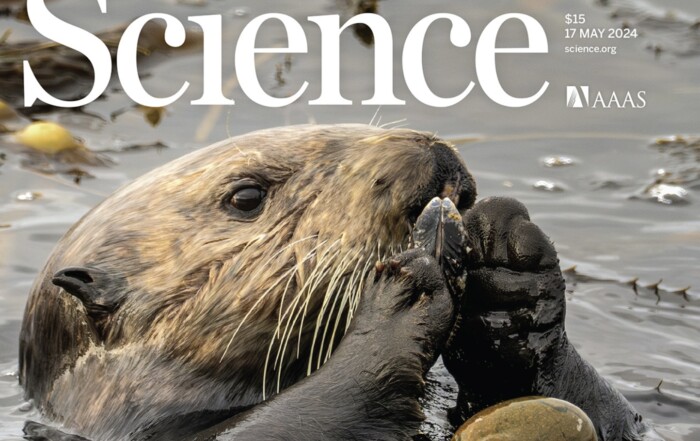
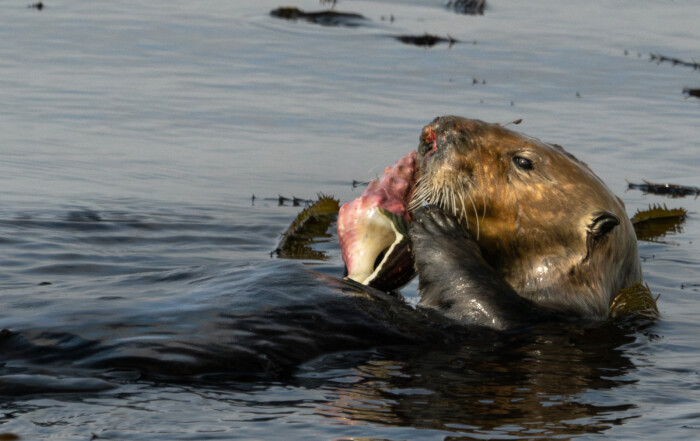
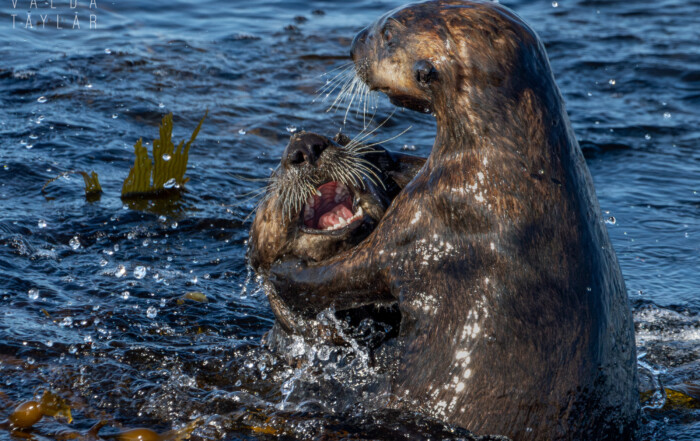
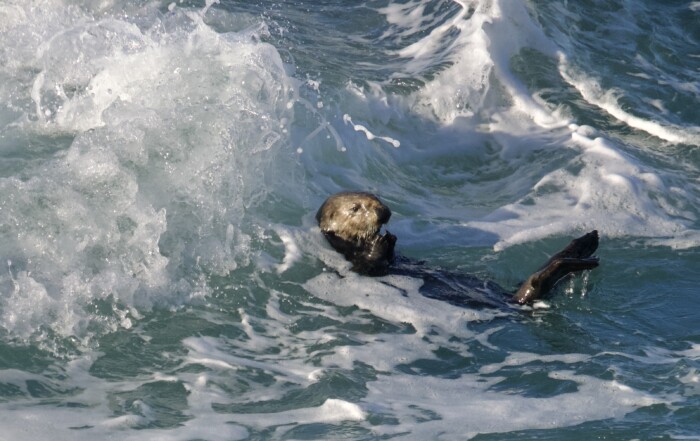
Those eyes are irresistible. Their whiskers are prodigious and said to contain sensory organs that, as you mention, help them find fish. I also didn’t know they were known as “Pinnipeds”. I ordered Caroline Fraser’s “Rewilding the World.” The experience I had with the urban Monarch will make me enjoy that book. I’m convinced that it was a lesson I had to learn. To think that Nature “belongs” to “sanctuaries” and “refuges” is an OK idea. It’s the idea that everyone grows up with. The idea that Nature is “pristine” (and it is, I’m not disagreeing with this) and that you really have to go “out into the wild” to see “Nature”, is a somewhat misconceived paradigm. “Nature” can be in your own backyard, in the places most unimaginable and inconceivable; yet it’s there. Even if it’s a micro ecosystem, it’s thriving by your side. The book I plan to read again that I read when I was much younger is Konrad Lorenz’s “King Solomon’s Ring”. He’s considered one of the founders of modern ethology, and the book is very readable and humorous.